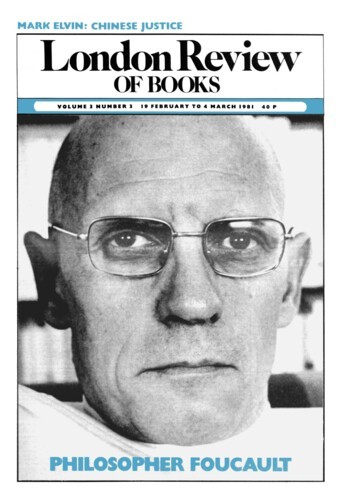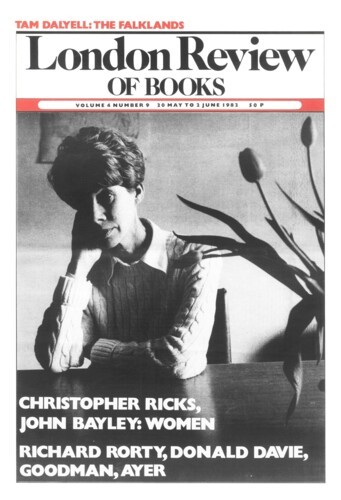Kripke versus Kant
Richard Rorty, 4 September 1980
When these lectures were first published eight years ago (in a collection), they stood analytic philosophy on its ear. Everybody was either furious, or exhilarated, or thoroughly perplexed. No one was indifferent. This welcome republication in a separate volume (with a helpful new preface, but no substantive changes) provides a chance to look back at a modern classic, and to say something about why it was found so shocking and liberating.





